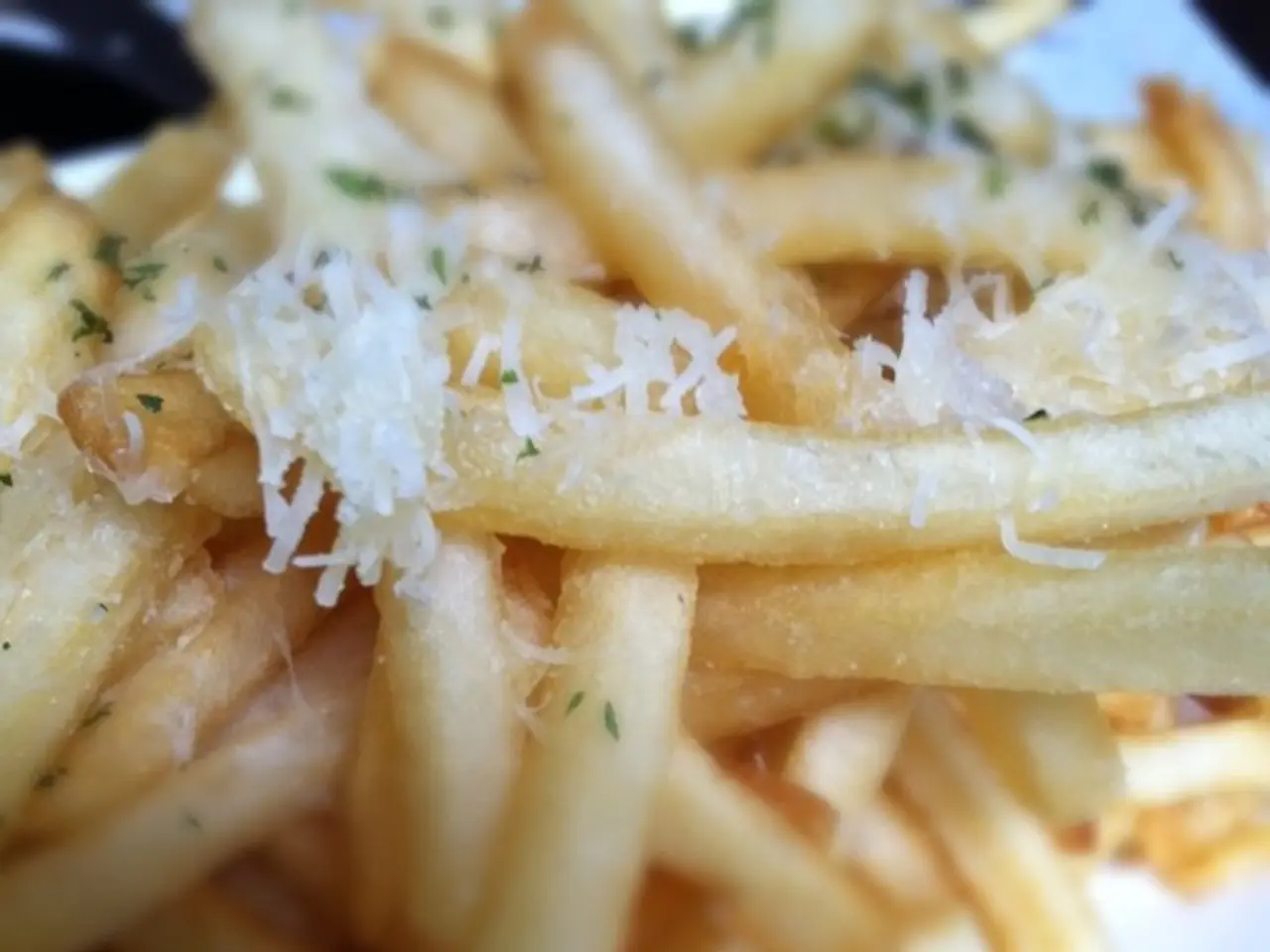Likely connection between listeria cases and cheese production confirmed by Chavegrand
Breaking News: Listeria Outbreak Linked to Chavegrand Dairy's Soft Cheeses
A potential link has been identified between a recent outbreak of listeriosis cases and the historic Chavegrand dairy in Creuse, France. Guillaume Albert, the communication manager of the dairy, has confirmed that the company has implemented "very important analysis and security plans" to address the situation and rebuild trust with clients and consumers.
According to Albert, the specific type of listeria bacterium is yet to be specified, but the outbreak involves soft pasteurized milk cheeses with a bloom rind texture. The affected brands include Camembert, Crémeux, bûches, and Brie, all produced before June 23, 2025. These cheeses bear the health mark FR 23.117.001 CE/UE.
The recall applies to all batches of these cheeses, which were sold in supermarkets in France and exported to other countries. The origin of the contamination is currently impossible to determine, according to Albert, but he believes there is a "very high probability" of a link between the cases of listeriosis and the dairy.
Chavegrand, created in 1952 and employing nearly 120 people, mainly produces private label brands. Every day, the dairy claims to produce more than 90,000 pieces of cow's milk and goat's milk cheese. The company has increased the number of analyzes conducted in their factory to investigate the contamination.
Health authorities, including Santé publique France and the Ministry of Agriculture, have issued a statement regarding the potential link between the listeriosis cases and the Chavegrand dairy. As a precautionary measure, consumers are advised not to consume any of the recalled cheeses.
The government website Rappel Conso has reported 21 cases of listeriosis, including two deaths, potentially linked to the consumption of pasteurized milk cheese from the Chavegrand dairy. The enhanced surveillance system at the Chavegrand dairy will last for the duration of the investigation.
Albert has assured that the cheeses produced by Chavegrand are currently the safest in the world due to the large number of analyzes conducted per week. However, he suggests it is not excluded that the contamination did not come from the Chavegrand dairy, but he thinks it likely came from their cheese.
[1] Rappel Conso: https://www.rappel-conso.fr/actualites/listeriosis-21-cas-de-listeriosis-en-france-potentiellement-liés-à-la-consommation-de-fromages-de-lait-pasteurisé-de-la-dairie-chavegrand/ [2] Santé publique France: https://www.santepubliquefrance.fr/actualites/listeriosis-potentiellement-liée-à-la-consommation-de-fromages-de-lait-pasteurisé-de-la-dairie-chavegrand-202506250000 [3] Ministry of Agriculture: https://www.agriculture.gouv.fr/actualites/listeriosis-potentiellement-liée-à-la-consommation-de-fromages-de-lait-pasteurisé-de-la-dairie-chavegrand [4] Chavegrand Dairy Press Release: https://www.chavegrand.fr/actualites/communiques-de-presse/listeriosis-potentiellement-liée-à-la-consommation-de-fromages-de-lait-pasteurisé-de-la-dairie-chavegrand/
Given the current situation of a listeria outbreak linked to Chavegrand Dairy's soft cheeses, it is essential to maintain a healthy lifestyle and avoid consuming recalled food-and-drink products. The outbreak has raised concerns about the safety of certain culture-related practices in the dairy industry, particularly related to science and food-and-drink production. As the investigation continues, it is crucial to stay informed about the latest health-and-wellness advisories and updates from health authorities such as Santé publique France and the Ministry of Agriculture.




